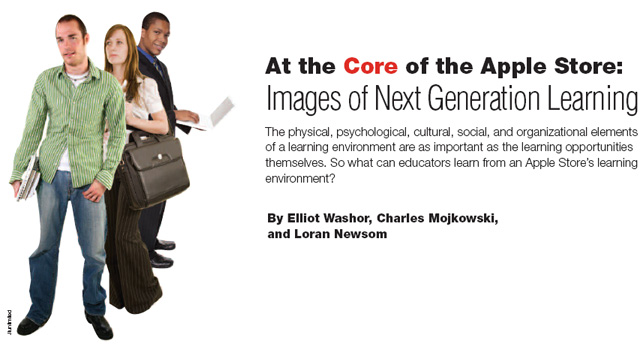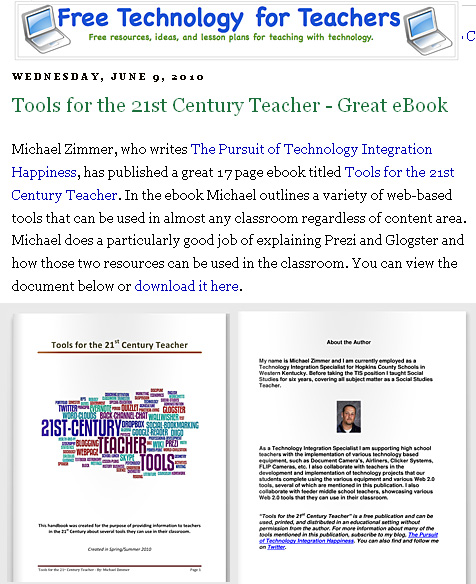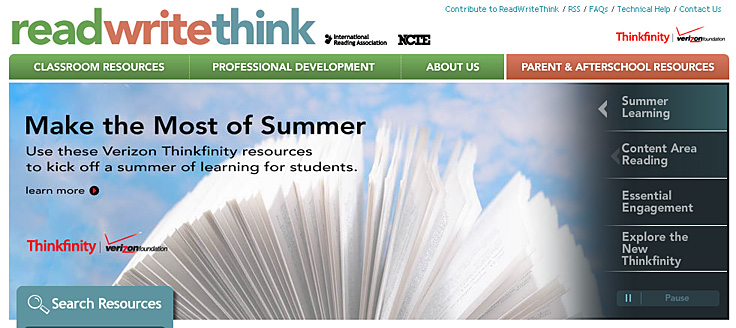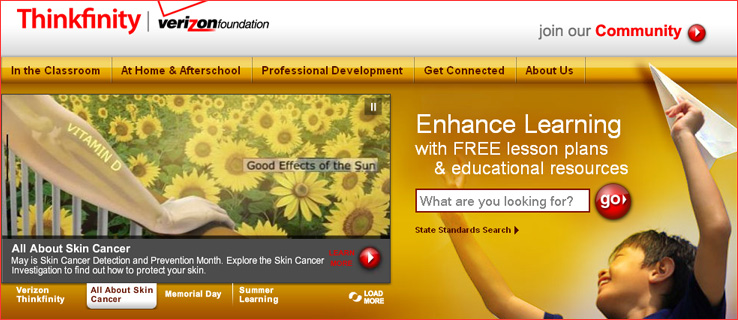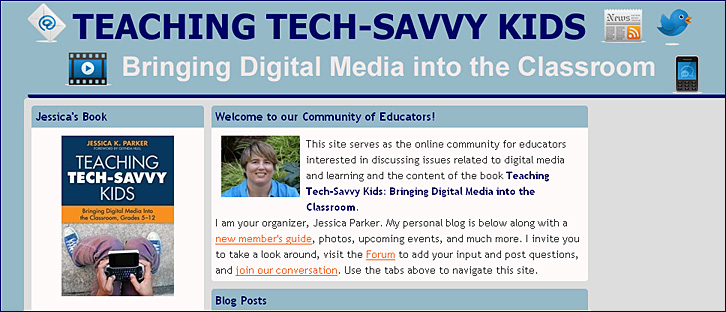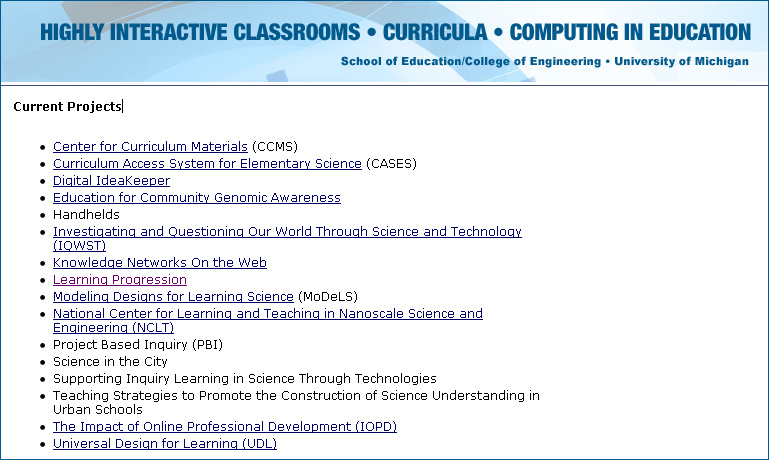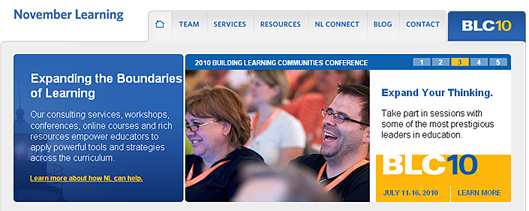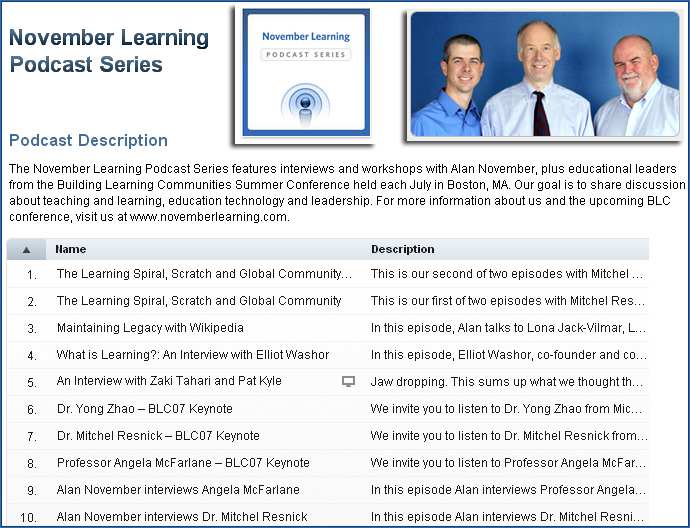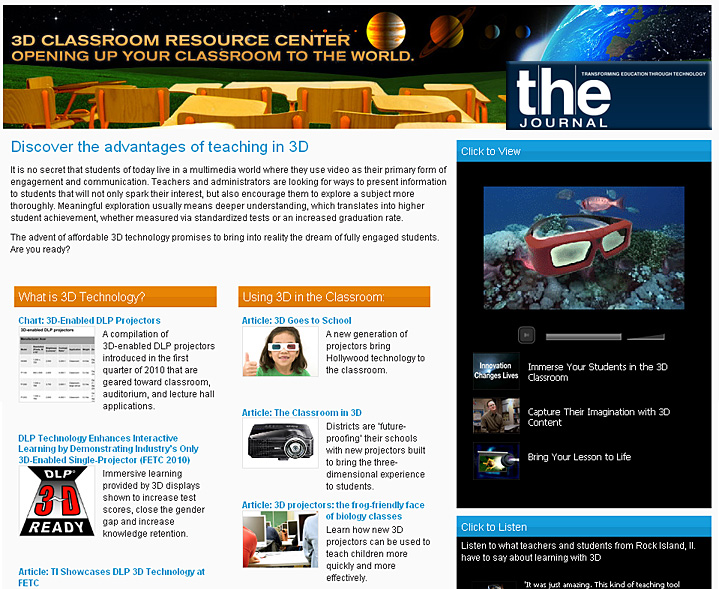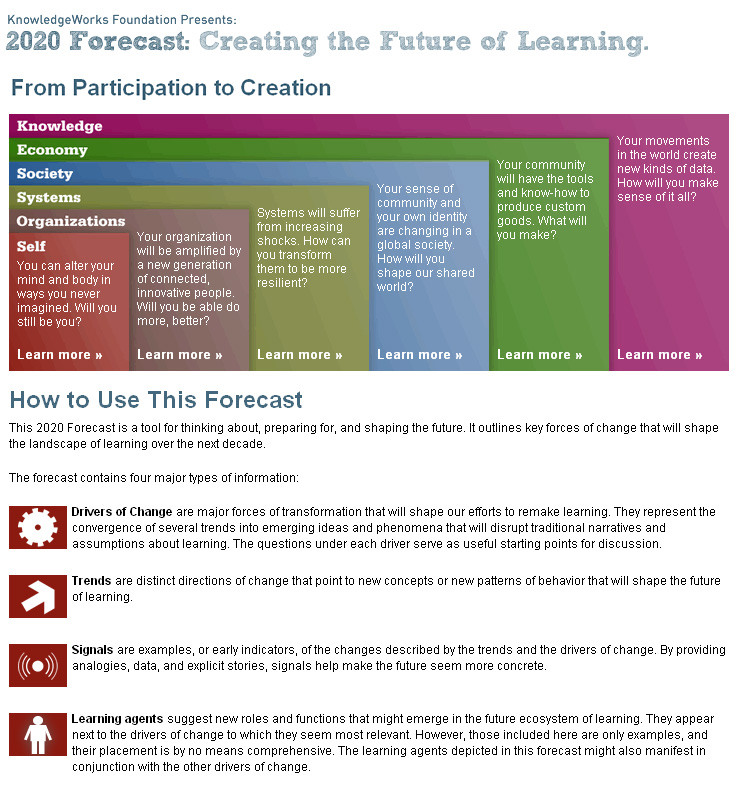The changing role of instructors — moving from facilitation to constructive partnerships — from The Journal by Ruth Reynard
However, as we transition from Web 2.0 to Web 3.0 (and, more specifically, the modifications and new technology features and functions made possible by HTML5), it seems that we will be experiencing yet another change in our instructional role. The challenge is now to retain certain aspects of facilitation but move actively into the learning process itself and become partners in the process. As the “field” levels even further, we must understand and embrace the meaning and the implications of being constructive partners in the learning process.
…
Learning as a Process–not a Product
As I have written in several articles, we are already being stretched as educators to focus more on the process of learning rather than the product. This will increasingly become the focus as real-time networks and learning communities will be constantly engaged in process. The product or the result of those collaborations will be different each time, although still within the knowledge area of a course, but based on those who have participated in the process and how ideas have been used. Therefore, the true evaluation of learning will be how knowledge has been expanded and applied rather than preset information bites. This is a challenge to the mindset of the instructor and to the overall structures of courses and programs of study. The potential of the Internet for user customization will increase with emerging technology and will have a large impact on how education is both organized and delivered. Instructors will also become more aware of their own learning process and integrate that more intentionally in the collaborative learning process of a community of learners.
Once again, then, the role of instructors is being challenged and redefined. It is important to emphasize that this is not a passive experience for instructors in the sense that we should simply wait and see what happens and where we will be in terms of student expectations. It is, actually, a highly active experience and a call for educators to begin now to engage with changes in technology and explore the implications for teaching methods as we move forward.
As never before, educators must be front and center of the emergence of newer technology and already explore the capabilities to improve the learning experience for students and instructors alike. We must truly engage with the process at every level.









